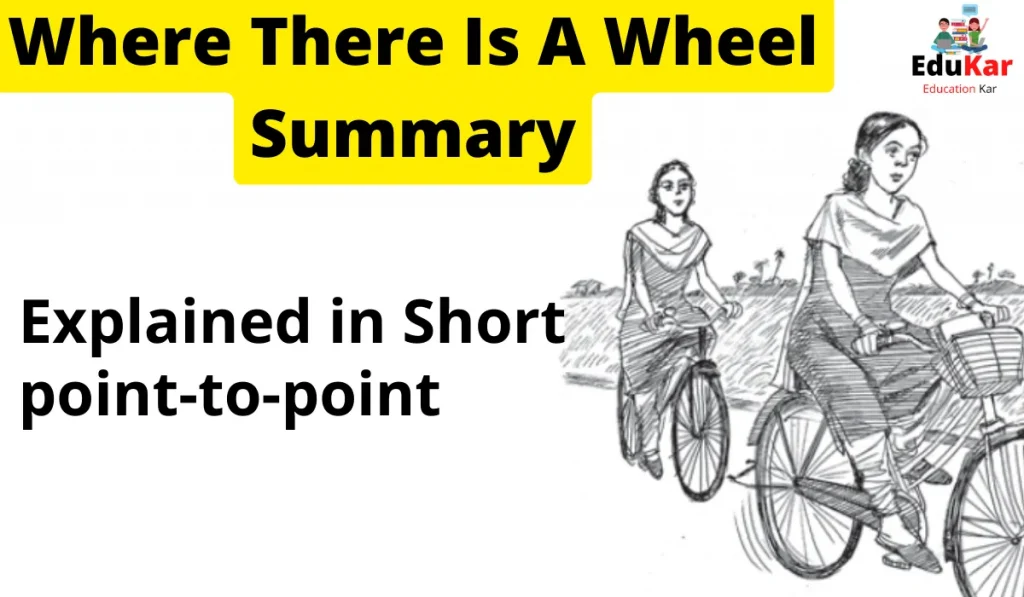Contents

| Name | Too Dear! |
| Type | Summary |
| Class | 12 |
| Board | Karnataka Board |
| Author | Leo Tolstoy |
Watch Full Video Summary of “Too Dear!“
Short Summary – Too Dear!
Count Leo Tolstoy, a well-known Russian author and master of realistic fiction, is the author of the short story “Too Dear!” He is thought to be one of history’s most valuable authors. The story “Too Dear!” presents a humorous assessment on the current political system. It makes fun of how modern states administer justice and punish offenders. The narration of the narrative has a serious tone with a sense of humour. Leo Tolstoy satirises upper class men’s desire for power and how it impacts society. It also raises a significant query about the death penalty.
The kingdom of Monaco is in good condition until a man murders somebody. Before the man was given the death penalty, the king had never had to deal with the murder. He has a lot of difficulty trying to execute the punishment. Monaco asked the French authorities for assistance because they lacked a guillotine and an executioner. France agreed to send the necessary funds totaling 16,000 francs. This would need raising taxes on citizens. So the monarch turned to the king of Italy, who agreed to help in exchange for a payment of 12,000 francs. The death penalty was changed to a life sentence since the King couldn’t pay the costs.
However, life in prison came with its own set of issues. A guard was required to keep an eye on the criminal and give him meals. The final costs were 600 francs, which would still necessitate raising taxes. At the risk of losing the prisoner, it was agreed that the guard should be removed.
However, the prisoner made no attempt to flee and remained inside. The government then agreed to provide him a 600 franc pension, and he left the King’s domains.
The narrator remarks in the final paragraph that it is fortunate that the prisoner did not commit his crime in a nation where it is not expensive to cut off a man’s head or imprison him for life. The author appears to have doubts about the rulers’ fundamental beliefs as well as the legal and political framework they have established.
The author seemed to admire Monaco’s fortitude and tolerance in admitting their limitations and releasing the prisoner on humanitarian grounds. It’s important to note that the author made a pun on the phrase “Too Dear!” it refers to something that is extraordinarily valuable or extraordinarily expensive. It is up to the reader to determine whether the phrase “Too Dear!” means to either save the offender’s life or throw him in jail.
About The Author
Leo Tolstoy, a Russian writer, originally released his short story “Too Dear!” in 1897. The difficulties of dealing with a criminal in the Principality of Monaco are comically described.
FAQs about Too Dear summary
What is “Too Dear” by Leo Tolstoy about?
“Too Dear” is a short story by Leo Tolstoy, it is a fictional story about a man who wants to buy a hunting estate. The protagonist is a wealthy landowner named Ivan Petrovich, who is willing to pay any price to acquire a hunting estate that he desires. Despite his wealth, he soon discovers that the estate is too dear for him to afford.
Who is the main character in “Too Dear”?
The main character in “Too Dear” is Ivan Petrovich, a wealthy landowner who is willing to pay any price to acquire a hunting estate.
What is the theme of “Too Dear”?
The theme of “Too Dear” is the consequences of greed and the futility of material possessions. The story shows how Ivan Petrovich’s desire for the hunting estate blinds him to its true cost and ultimately leads to his downfall.
What is the moral of the story?
The moral of the story is that material possessions can never bring true happiness and that greed can ultimately lead to one’s downfall. The story also teaches that true wealth is not measured by material possessions, but by one’s inner qualities and values.
How does the story end?
The story ends with Ivan Petrovich losing all of his wealth and being forced to sell his own estate in order to pay for the hunting estate. He becomes poor and lives in the hunting estate but not enjoying it as he expected.
What is the significance of the hunting estate in the story?
The hunting estate serves as a symbol of Ivan Petrovich’s greed and desire for material possessions. Despite his wealth, he is willing to pay any price to acquire it, and it ultimately leads to his downfall. It also serves as a reminder that material possessions can never bring true happiness.






![Grandma Climbs A Tree Summary [Class 10] By Ruskin Bond Grandma Climbs A Tree Summary](https://edukar.in/wp-content/uploads/2022/09/Grandma-Climbs-A-Tree-Summary-1024x597.webp)









